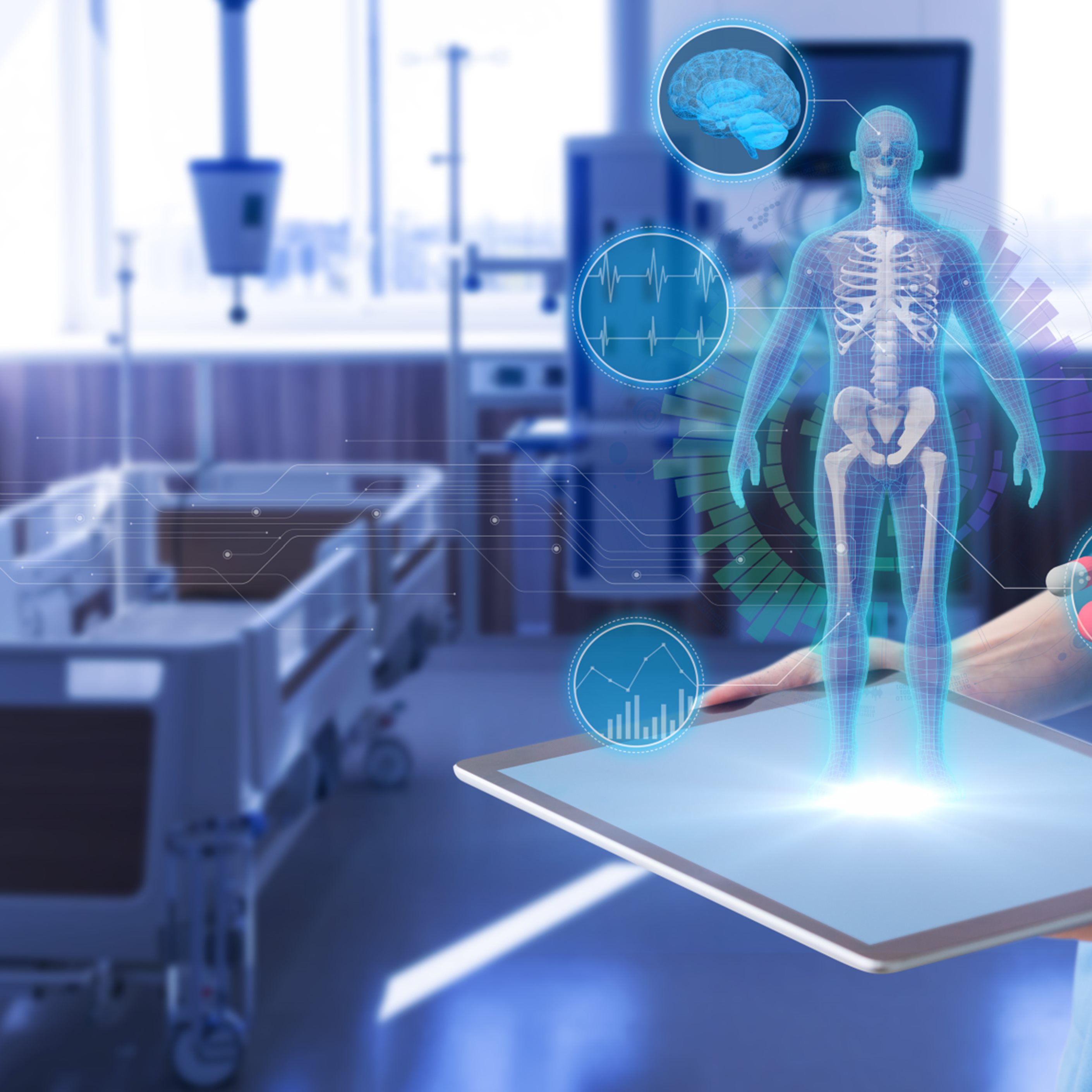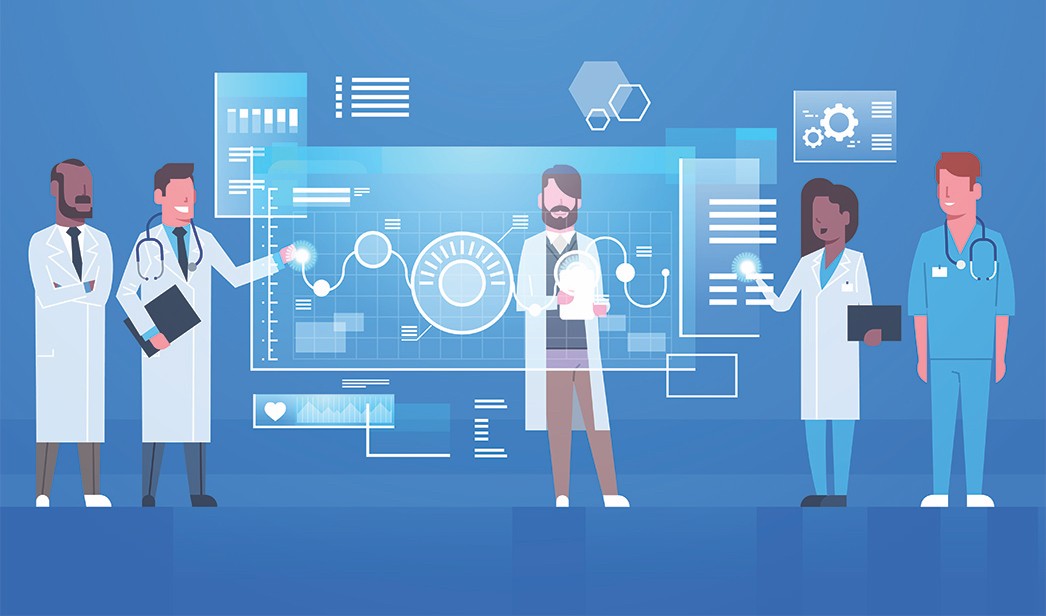Ai In Healthcare: Revolutionizing Patient Care
Executive Summary:
Artificial intelligence (AI) is dramatically transforming the healthcare industry, presenting groundbreaking opportunities to enhance patient care, improve health outcomes, and streamline operations. From automated diagnostics and personalized treatments to remote patient monitoring and drug discovery, AI empowers healthcare providers with advanced tools to deliver better, more efficient, and more accessible healthcare services.

Introduction:
The integration of AI into healthcare is reshaping the patient experience, paving the way for a more holistic and personalized approach to health management. AI algorithms can analyze vast amounts of medical data, identify patterns, and provide insights that would otherwise remain hidden to human clinicians. This technology empowers healthcare professionals with the knowledge to make more informed decisions, predict patient outcomes, and tailor treatments to individual needs.
FAQs:
-
What is the potential impact of AI on patient care?
AI can revolutionize patient care by enabling early detection of diseases, facilitating personalized and targeted treatments, enhancing medication adherence, and providing patients with real-time health monitoring and support. -
What challenges need to be addressed for the successful adoption of AI in healthcare?
Data privacy and security, ethical implications, the need for rigorous validation, and ensuring equitable access to AI-powered healthcare technologies remain key challenges that require careful consideration and mitigation. -
What is the future of AI in healthcare?
As AI technology continues to advance, it is expected to play an increasingly pivotal role in healthcare. AI will empower healthcare providers with even more powerful tools for disease prevention, diagnosis, treatment, and personalized care, leading to improved patient outcomes and a more efficient healthcare system.
Subtopics:
1. Diagnostics**
AI algorithms can analyze medical images, such as X-rays, CT scans, and MRIs, with far greater accuracy and speed than humans. This enables early detection of diseases, such as cancer and cardiovascular disorders, leading to timely interventions and improved patient outcomes.
2. Personalized Treatment**
AI can analyze an individual’s genetic profile, medical history, and lifestyle factors to create a personalized treatment plan. This approach considers the unique characteristics of each patient, resulting in more effective and targeted therapies.
3. Remote Patient Monitoring**
Wearable devices and sensors integrated with AI can continuously monitor patients’ vital signs, track their activities, and detect anomalies. This information can be transmitted to healthcare providers in real time, enabling remote monitoring and early intervention in case of emergencies.
4. Drug Discovery and Development**
AI algorithms can analyze vast libraries of compounds and perform simulations to identify potential drug candidates. This speeds up the drug discovery process and enhances the precision of drug development, leading to more effective and safer medications.
5. Clinical Decision Support**
AI systems can provide real-time guidance to healthcare providers on diagnosis, treatment, and prognosis. By analyzing patient data and comparing it to vast medical knowledge databases, AI can assist clinicians in making more informed decisions, reducing errors, and improving patient outcomes.
Conclusion:
AI holds immense promise for transforming healthcare and has the potential to revolutionize the way we diagnose, treat, and manage health. By augmenting human intelligence with powerful computational capabilities, AI can enhance the accuracy of diagnoses, personalize treatments, and cater to the unique needs of every patient. As AI technology continues to advance, its impact on healthcare will only grow, leading to a future where healthcare is more personalized, accessible, and efficient than ever before.
Keywords:
- AI in Healthcare
- Patient Care
- Disease Detection
- Personalized Treatment
- Clinical Decision Support


